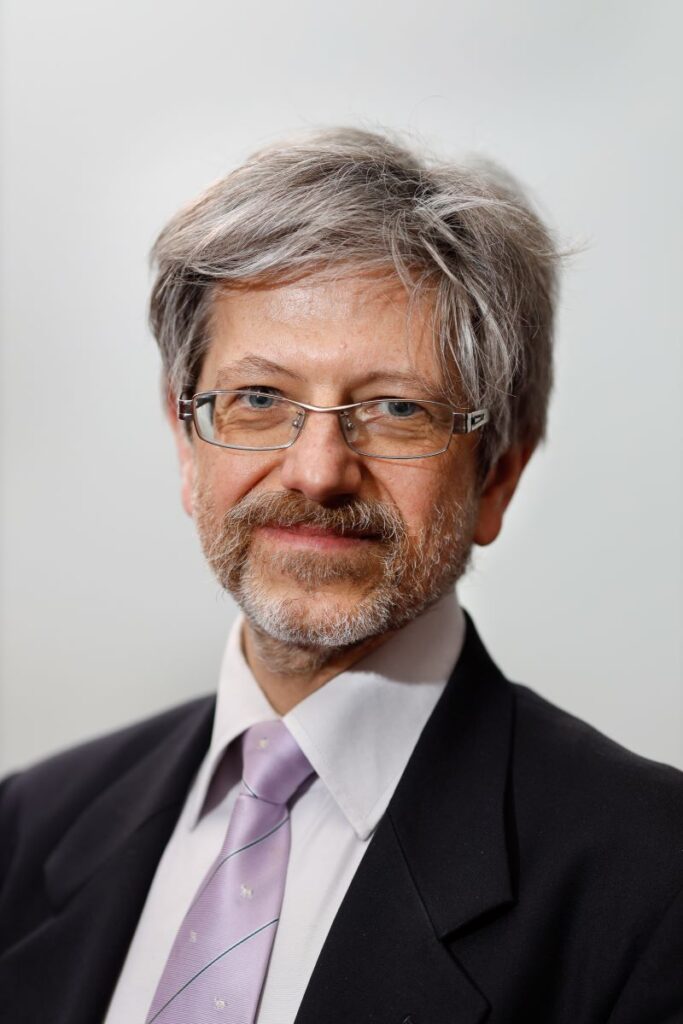
Massimo Nespolo
Name: Massimo Nespolo
Country: France
What is your background?
I hold a MSc in Chemistry from the University of Torino and a DrSc in mineralogy from The University of Tokyo. After a three-year post-doctoral experience at the National Institute for Materials Science, Tsukuba (Japan), I work, since 2002, at the Université de Lorraine (France), where I am now Distinguished Professor of crystallography and mineralogy. I also hold the position of Adjunct lecturer at The Graduate University for Advanced Studies in Japan. I was invited professor in six different Japanese institutions. I served as education coordinator in the Executive Committee of the European Crystallographic Association, as founder and chair of the Commission on Mathematical and Theoretical Crystallography of the International Union of Crystallography (IUCr), as well as a member or consultant of three other commissions.
I am Editor in Chief of the SpringerBriefs in Crystallography collection, book review editor for the IUCr journals, Associate Editor of the European Journal of Mineralogy, member of the advisory board of Crystal Research and Technology and of the Selection Committee of the IUCr/Oxford University Press (OUP) Book Series. I have guest-edited a number of special issues and served in the committee of international congresses and international prizes.
Since when and why are you interested in climate change?
I have always considered myself a person who cares for the environment, the wildlife, the non-renewable resources. These concerns contributed to my life choices. As a vegan who prioritizes bicycle over motor whenever possible, I believe my environmental impact is lower than average in the developed world. It is therefore simply natural that I became interested in climate change when the media started to insist about it.
How did your views on climate change evolve?
Science advances by questioning itself and its own results. Debate is the very essence of science, and – with very few exceptions – there is no such a thing as ‘consensus’ in science. Today we witness a dramatic and dangerous shift from critical thinking to dogmatism in various fields, among which climate change. As soon as I realized that one theory was becoming the only allowed opinion, I became suspicious, fearing that we are moving from science to faith. Those who embrace that theory get under the spotlight, those who disagree with it are banned and treated like outcasts. This is absolutely antiscientific! I then started to check the data and soon realized that the figures do not add up: correlation is considered causation, time-scale is wrong, fundamental factors are neglected, studies are cherry-picked – everything sounds fishy. None of the forecasts released in the past, which were often the exact opposite of those we are today exposed to, ever became true. The real motivations behind the narrative that wants us to believe that human activities have a negative and catastrophic impact on climate, are obscure. However, learning from the recent experience of freedom restrictions justified by ‘pandemics’, the most likely motivation seems to be the will to create a feeling of guilt that would make further restrictions acceptable. In the name of the planet. Who could oppose such a noble cause?
Is climate change a big issue in your country and how do you notice this?
Practically every day we are exposed to propaganda trying to convince us that we are guilty of raising the temperature. Even if one wanted to believe the figures in the IPCC AR6 report, the role played by France into this game is simply negligible, well below the standard uncertainty on the data. Despite that, huge efforts are demanded to change our lifestyle, which have enormous financial costs and lead to severe freedom restrictions, for a result that would be virtually undetectable.
What would climate policy ideally look like in your view?
The climate policy needs to be rethought from scratch. Climate has always changed, well before Homo Sapiens started to walk on the Earth surface. The influence our activities have on climate are more than doubtful, natural causes being much more prominent. Instead of wasting time and resources to try to reduce an impact that is already negligible, especially in the developed world, a reasonable policy should aim at a prudent and wise use of natural resources and at the prevention of natural risks. The foolish policy of promoting intermittent energy sources should be abandoned or drastically reduced, because of the very variable production rate but also of the pollution they produce (huge amount of concrete required, use of non-recyclable materials, negative effects on the wildlife). A serious policy to prevent and eliminate energy and resources leakages is necessary. The energy infrastructures are critical assets that must not be the object of marketing, contrary to the European Union requirement to put on the market the concessions of exploitation of the hydropower dams.
What is your motivation to sign the CLINTEL World Climate Declaration?
It is important to show that what seems to be the general opinion about climate change, is actually an ideology-oriented theory, promoted by virtually all media on political grounds. Research funds are currently focused on a few topics, among which the remediation of the negative human impact on climate, something that is far from being proven. Scientists who want their research be funded have no choice but to adapt their projects to fit the political axioms. This is a serious hindrance to the advancement of science and in striking contrast with the essential need for academic freedom. We have to stand up against the one-track thinking that represents a very dangerous path towards a dystopian future and the very negation of science.
